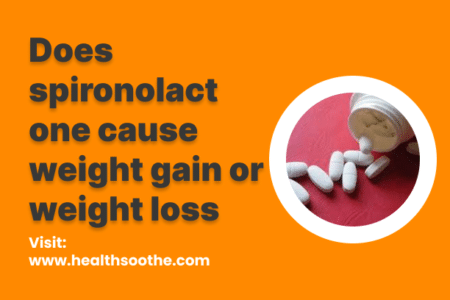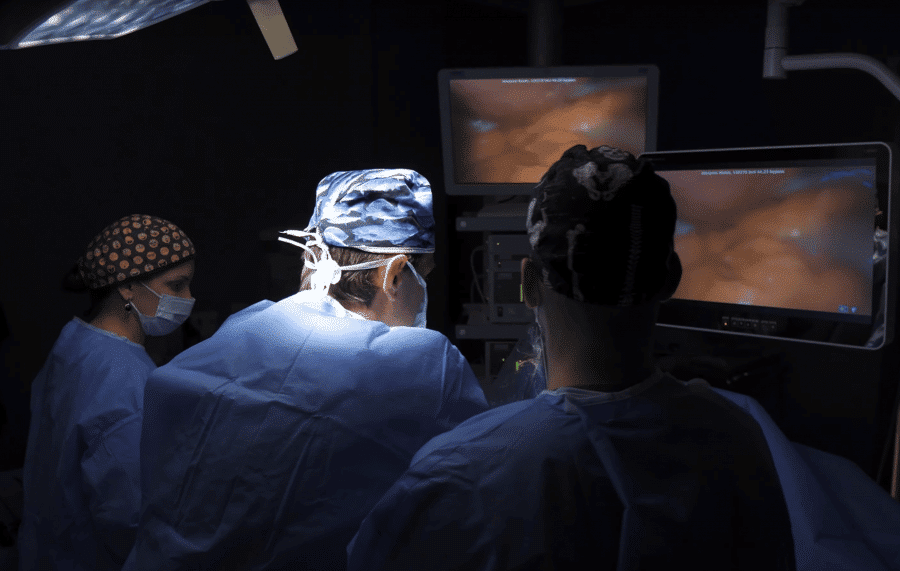Losing weight is hard, but changing your diet after weight loss surgery can be even more difficult. When you have had bariatric surgery, you are trying to change the way that you eat and live and how your body reacts to certain foods.
It can take up a lot of time and energy to figure out what foods work best for you when managing diabetes or controlling blood sugar levels following gastric bypass surgery.
Here are seven ways to change your diet after weight loss surgery.
1. Take Multivitamin Capsules
One common side effect of weight loss surgery is deficiencies in specific vitamins and minerals. This is because you may not be able to absorb these nutrients after surgery.
To help combat any deficiencies, it can be a good idea to take bariatric fusion multivitamin capsules daily. Talk to your doctor or nutritionist to find out which specific vitamins and minerals you may lack and get specific recommenda8ro8tions for supplementation.
2. Develop a Food Schedule
Even after weight loss surgery, regular eating habits are vital to any healthy diet. After gastric bypass surgery, it can be important to develop a set schedule for meals and snacks every day to help regulate your body's digestive system because you have less stomach acid than you usually would.
Eating smaller, more frequent meals can also help you feel fuller throughout the day and avoid snacking on unhealthy foods.

3. Avoid Liquid Calories
Liquid calories are a big no-no after weight loss surgery because they do not make you feel full like solid foods do. This means that you are likely to consume more calories than you need if you drink sugary beverages or eat high-calorie snacks.
Try to stick to water and other lower-calorie drinks whenever possible.
4. Avoid Sugary and Processed Foods
Sugar and processed foods are some of the wor8l0st offenders for weight gain, so it is vital to stay as far away from these types of foods as possible. Foods that contain a lot of sugars, such as candy and soda, can cause rapid rises in blood sugar levels after gastric bypass surgery. This can lead to other health problems. Processed foods are also generally high in sodium and fats, which you should avoid due to their negative effects on heart health.
5. Find Alternative Sources of Protein and Fiber
You probably know that protein is a vital nutrient to eat after weight loss surgery, but did you know that high-protein foods can also be a source of fiber? High-fiber foods can help lower your risk for heart disease, type 2 diabetes and other health conditions. Some good sources of protein and fiber include beans, nuts, whole grains and vegetables.
6. Old Favorites May No Longer be Safe
After weight loss surgery, some old favorites may no longer be safe to eat. For example, foods high in fat or sugar may cause problems such as nausea and vomiting after gastric bypass surgery.
Foods high in fiber and difficult to digest may also cause similar issues, like bloating and gas. Talk to your doctor or a nutritionist to find out which foods you can eat so you don't accidentally make yourself sick by eating something unhealthy.
7. Experiment with New Foods
It can seem challenging to develop new, healthy recipes after weight loss surgery, but it is important to experiment with fresh foods to find what works best for you.
Not all foods are created equal, and some may work better for you than others. Trying out new recipes can also be a fun way to add variety to your diet.
Conclusion
After weight loss surgery, it is important to make a few changes to your diet to stay healthy and ward off any potential nutritional deficiencies. While some changes may be difficult, they are worthwhile to help you maintain your weight loss success for years to come.



